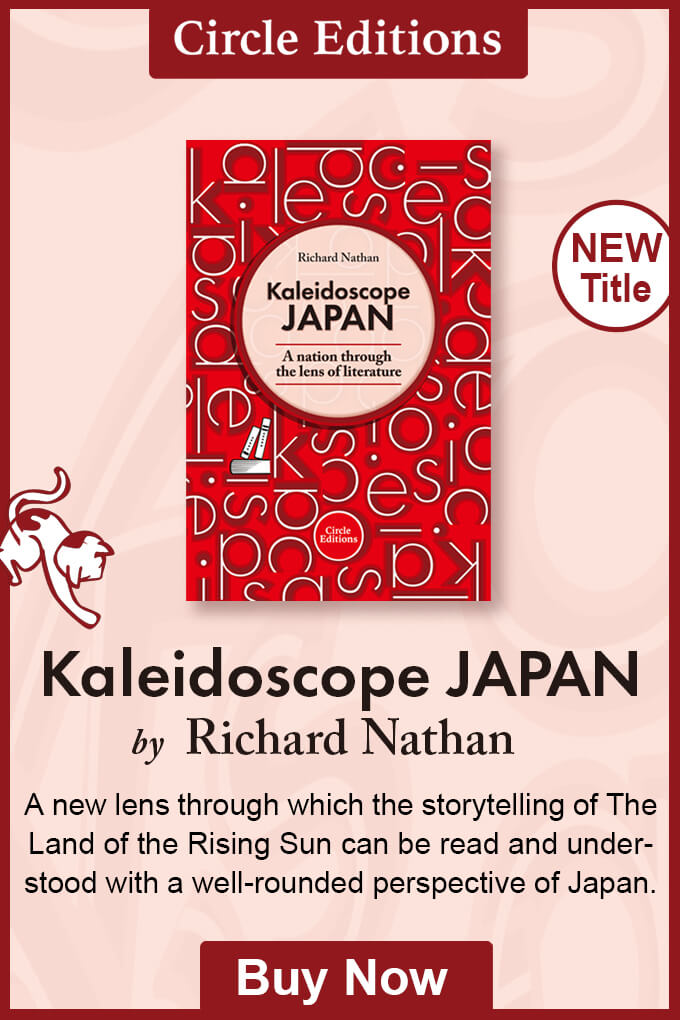The first published Japanese language translation of a play by William Shakespeare’s (1564-1616) was Julius Caesar. It was published in 1883.
The translation by Keizo Kawashima (1859-1933), which was in fact incomplete, was published in a Japanese newspaper. Nonetheless, it is considered by most experts to be the first Japanese translation of a Shakespeare play.
Prior to this, quotes from Shakespeare plays, outlines and adaptations had already started appearing in Japanese often from well-known writers such as Kawasaki Robun (1829-1894), a prominent author and journalist who interestingly wrote a book published in 1872 that contains the first recipe in Japanese for making curry. In Robun’s case the Shakespeare play was Hamlet.
In 1884, Shoyo Tsubouchi (1859-1935), a Japanese writer and translator and later a professor at Waseda University, published the first complete Japanese translation of a Shakespeare play, also Julius Caesar. He gave it the title Shizaru Kidan Jigo no tachi Nagorino Kireaji, The Sharp Edge of Freedom’s Sword.
It was a Kabuki-like adaption more than a direct or literal translation. Early Shakespeare translations often targeted general readers not academics or scholars and as any schoolchild growing up in the United Kingdom knows Shakespeare is open to myriad interpretation. Tsubouchi published a new revised translation of Julius Caesar in 1913.
That said, Hamlet was a play that several important Japanese authors translated in this period not just Robun. Ogai Mori (1862-1922), who is known for his contribution to the unification of written and spoken Japanese and for penning the ‘first modern Japanese short story’, for example, published a translation of Hamlet in 1889, something Bimyo Yamada (1868-1910), another famous novelist and poet, had also done the year before in 1888.
Hamlet has since these early translations had a very special place amongst some of Japan’s most creative individuals and has now been adapted and translated numerous times after its somewhat late arrival in Japanese in Japan. Yukio Mishima (1925-1970), probably Japan’s most notorious author, also had a go at adapting Hamlet into an illustrated children’s book.
The celebrated Japanese film director Akira Kurosawa (1910-1998), who loved reading and narratives with tragic scenarios and twists of fate, adapted Shakespeare’s plays into films set in Japan including Hamlet which no doubt has helped give further momentum to the interest that Shakespeare’s Hamlet elicits in Japan.
There have subsequently been countless translations, adaptations, publications and performances of Shakespeare’s plays in the Japanese language, and Shakespearean films attract large audiences in Japan.
Alongside Lewis Carroll’s (1832-1898) Alice in Wonderland and Arthur Conan Doyle’s (1859-1930) Sherlock Holmes, which arrived in translation in Japan at a similar time, Shakespeare’s plays have probably been adapted and translated into Japanese more than any other literary works from England.
Julius Caesar, published in Japanese in 1883, was the first play by William Shakespeare to be translated into Japanese
[UPDATED: 3-1-2023]
© Red Circle Authors Limited
Julius Caesar, published in Japanese in 1883, was the first play by William Shakespeare to be translated into Japanese
Posted by

